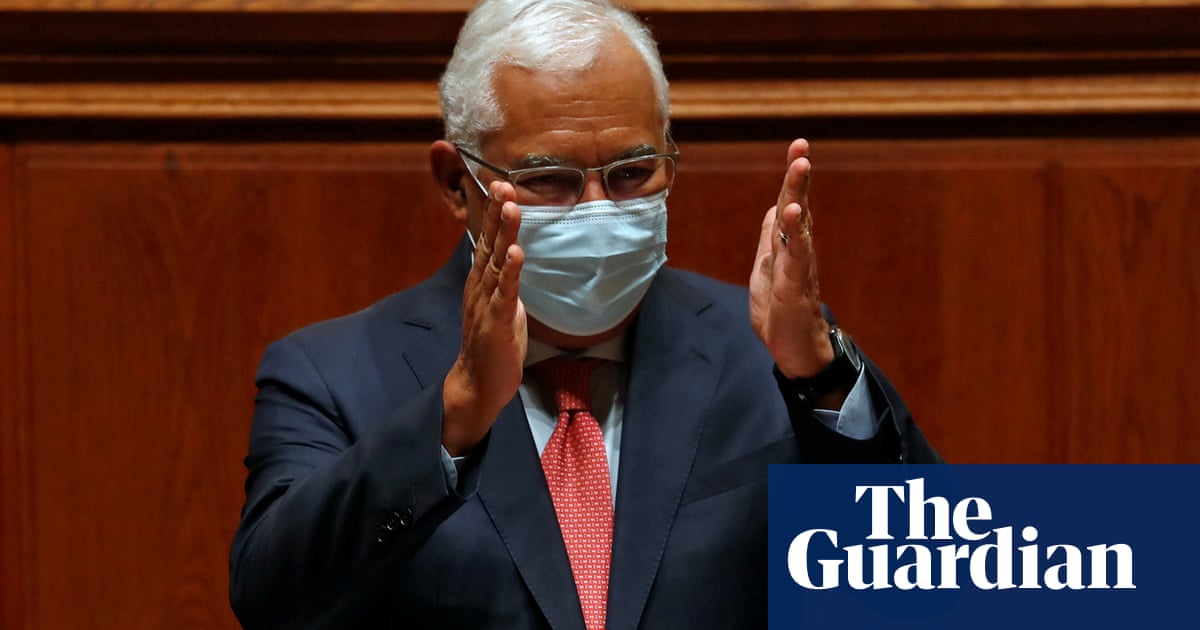Portuguese PM Resigns Over Corruption Probe

The Facts
Portuguese Prime Minister António Costa stepped down from his post on Tuesday, amid an inquiry into alleged corruption and influence peddling involving green hydrogen and lithium exploration deals.
Though he denied any wrongdoing, Costa stated that he had resigned because the gravity of the charges were "incompatible with the dignity of the office."
The Spin
Left narrative
As Costa was thought to be leaving the premiership only for a position in Brussels, where he had built a good reputation for dialogue and financial discipline, this investigation and his subsequent resignation are certainly shocking. In a decade marked by the rise of neoliberalism in Europe, he served as a leading light for socialists around the world.
Right narrative
This isn't the first instance of corruption staining Prime Minister António Costa's leadership but, ideally, it will mark the conclusion of such scandals in Portugal. Ever since his Socialist Party won an absolute majority in parliament 16 months ago, several embarrassments — some related to corruption — have forced two ministers and 11 secretaries of state to resign.


